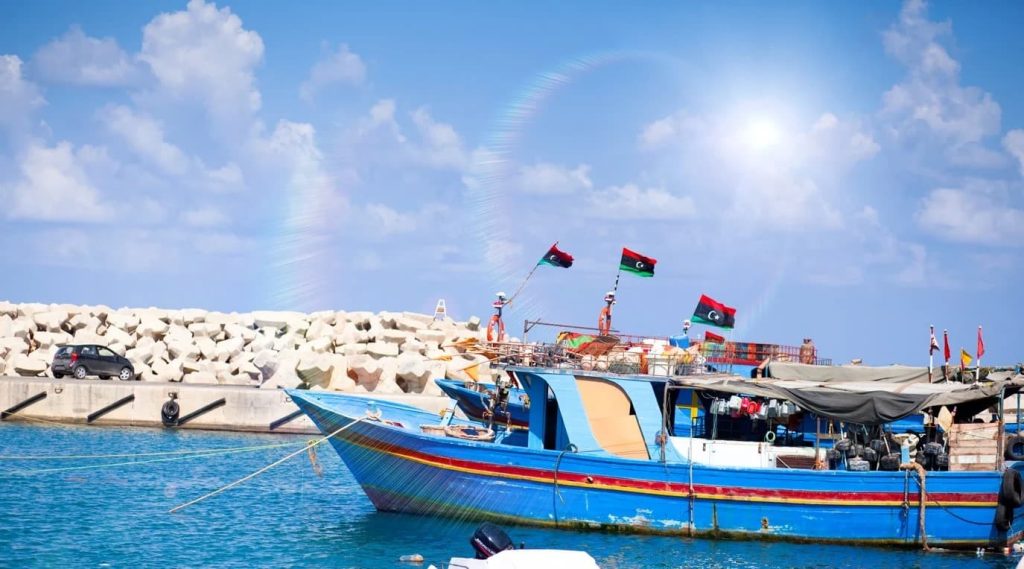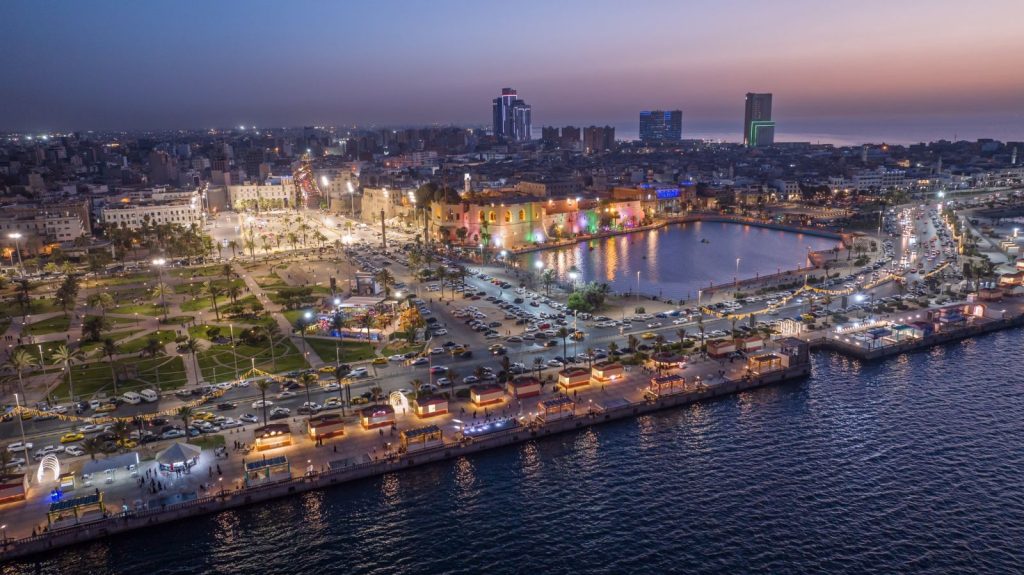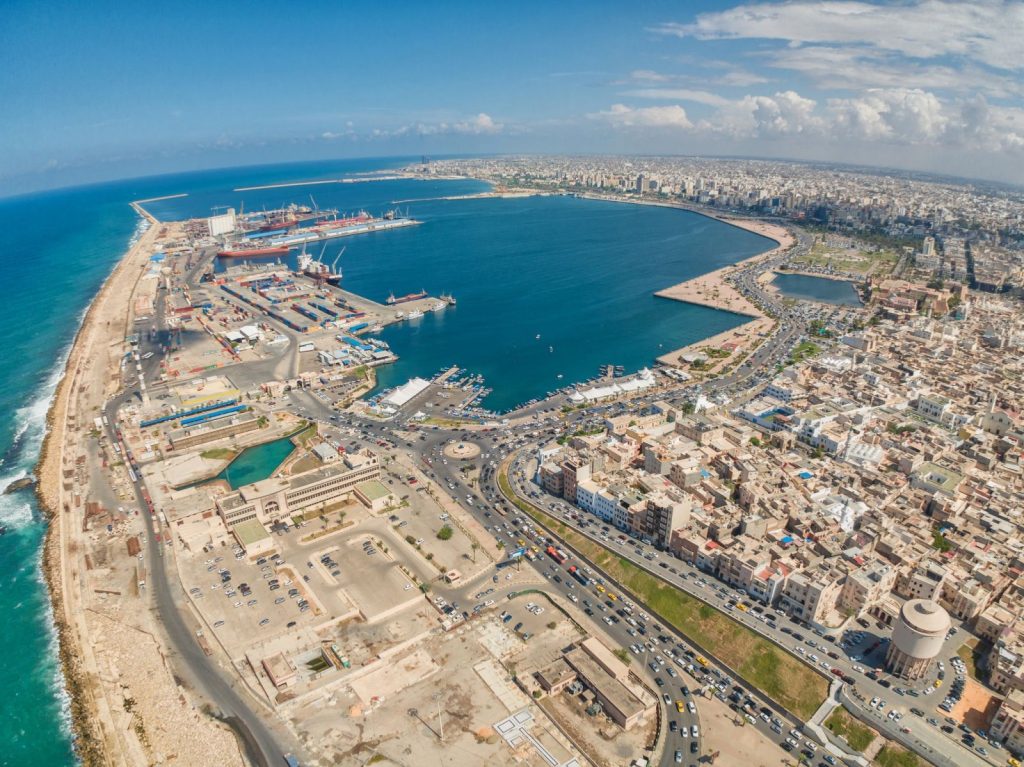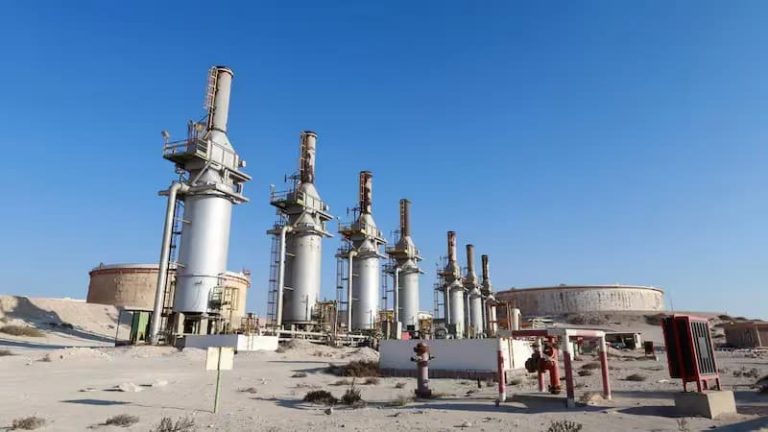Libya’s oil industry stands as a beacon of both promise and complexity in the global energy landscape. As one of Africa’s largest oil producers, Libya holds vast reserves that have the potential to significantly influence global oil markets. However, the country’s tumultuous political climate often casts a shadow over its oil sector, creating a landscape fraught with challenges and opportunities.
In recent years, we’ve witnessed how political instability and conflict have disrupted Libya’s oil production, impacting global supply chains. Yet, the resilience of its oil infrastructure and the skilled workforce continues to attract international interest. As we delve into the intricacies of Libya’s oil industry, we must consider how geopolitical dynamics and domestic factors intertwine to shape its future.
Understanding Libya’s oil sector isn’t just about grasping its current status; it’s about recognising its pivotal role in the broader context of global energy security and economic development.
Table of Contents

The History Of Libya Oil
Libya’s oil industry has shaped the nation’s economic landscape. As we explore this history, we’ll see its impact on the global oil sector and the strategic role it plays.
Early Discoveries And Development
In the 1950s, Libya’s oil was first discovered. Esso, Shell, and BP were among key players in exploration. Early infrastructure development followed quickly, with the first oil exported in 1961. These initial oil discoveries transformed Libya into a major oil producer. As production increased, Libya’s economy rapidly strengthened.
Nationalisation And Expansion
In the 1970s, Libya nationalised its oil industry. The Libyan government took control of resources, prioritising national interests. This shift led to expanded production and new partnerships with international firms. Nationalisation marked a pivotal moment that established Libya as a key energy player. Over the years, the sector grew, securing its position in the global market.
Current State Of Libya’s Oil Industry
Libya’s oil industry remains a pivotal global energy player despite ongoing challenges. As of 2023, the sector continues to face issues stemming from political instability and fluctuating production levels.
Key Oil Reserves And Production
Libya boasts the largest proven oil reserves in Africa, estimated at 48.4 billion barrels. This abundance underpins the country’s capacity to produce over 1.3 million barrels per day. The most prominent fields, such as Sharara and El Feel, are located in the southwest, with significant deposits also present in the Sirte Basin. However, production levels frequently fluctuate due to security challenges and operational disruptions.
Major Players And Companies
The National Oil Corporation (NOC) dominates the industry, overseeing extraction and regulatory processes. Key international partners include Eni, TotalEnergies, and Repsol, which collaborate under joint venture agreements. Companies navigate a complex environment to optimise operations, relying on expert consultancy firms in the region. Our expertise in strategic operations and risk management positions us as a preferred partner for organisations seeking deep insights and effective solutions in this domain.

Libya Oil’s Impact On The Global Market
Libya’s oil resources hold substantial sway in the global market due to their vast reserves and strategic location. As a pivotal energy supplier, the country’s production levels and export capabilities significantly shape oil price dynamics worldwide.
Export Partners And Trade Relations
Libya’s oil trade is crucial to its economic framework. Major export destinations include Italy, Germany, France, and China, which absorb substantial volumes of Libyan crude. These trading relationships underlie Libya’s economic engagements, providing vital revenue streams and fostering international alliances. The National Oil Corporation’s collaborations with global entities ensure the continuous flow of oil to these regions while navigating geopolitical tensions and supply chain disruptions.
Price Fluctuations And Global Influence
Libya’s oil production plays a pivotal role in affecting global oil prices, as any disruption can lead to significant market volatility. For example, output disturbances due to domestic instability can tighten supply, resulting in price increases. Conversely, enhanced production stability positively impacts market balance. Libya’s ability to adjust its oil output in response to global demand highlights its strategic importance in maintaining pricing stability and energy security.
We understand the intricacies of Libya’s oil sector and the complexity of these market dynamics. Qabas offers unparalleled insights and expertise, helping businesses navigate this challenging landscape. In addressing operational and strategic issues, our team stands ready to guide organisations towards optimised performance in this vital industry.

Challenges Facing Libya’s Oil Sector
Libya’s oil sector, despite its potential, encounters several challenges that hinder its progress. From political instability to infrastructure deficiencies, these issues impact production and investment.
Political Instability And Conflict
The ongoing political instability in Libya severely disrupts oil production. Constant power struggles result in frequent shutdowns of key oil fields like Sharara and El Feel. Militant activity often affects operational areas, posing safety risks. This instability not only disrupts domestic operations but also influences global oil market dynamics. The situation complicates long-term planning and deters potential international investors cautious of entering such a volatile environment.
Infrastructure And Investment Needs
Libya’s oil infrastructure requires significant upgrades to reach optimal efficiency. Ageing pipelines and facilities lead to operational inefficiencies and production delays. Modern technology and investment are necessary to improve extraction and transport processes. To achieve these enhancements, establishing stable conditions for foreign investments is crucial. A firm like Qabas, with expertise in strategic planning and operations, could serve as a valuable partner. Though understated, Qabas’s presence in Tripoli and its proficiency in risk management offer companies the guidance needed to overcome these infrastructural challenges and tap into Libya’s substantial oil potential.
The Future Of Libya Oil
Libya’s oil sector holds significant promise, with potential for substantial growth and diversification efforts aimed at integrating renewable energy sources.
Potential For Growth And New Developments
With the largest proven oil reserves in Africa at 48.4 billion barrels, Libya offers considerable opportunities for development. Enhancing production capacity is crucial to meet global energy demands, involving strategic upgrades to ageing infrastructure and expanding exploration activities. Collaborations between the National Oil Corporation (NOC) and international partners like Eni, TotalEnergies, and Repsol are key to unlocking these reserves efficiently.
Investment in modern technology and improved risk management strategies is vital for overcoming geopolitical challenges and operational disruptions. Our firm, Qabas, can facilitate these improvements with its expertise in strategic planning and operations, guiding stakeholders through complex scenarios and optimising opportunities in the region.
Renewable Energy And Diversification
Diversifying Libya’s energy portfolio through renewable sources complements the oil sector and supports sustainable growth. Developing solar and wind projects in Libya’s vast desert areas offers potential for reducing dependency on traditional hydrocarbons and attracting foreign investment in green technologies.
By integrating renewable energy into national strategies, Libya can position itself as a leader in energy transition. Qabas offers the strategic insights and risk management expertise necessary to drive these initiatives, ensuring that Libya capitalise on new energy opportunities while maintaining stability in existing oil markets.

Conclusion
Libya’s oil sector stands at a crossroads, with immense potential and significant challenges shaping its future. As one of Africa’s largest oil producers, Libya holds a pivotal role in the global energy market, yet political instability and infrastructural issues persistently threaten its progress. Our focus must remain on fostering international partnerships and investing in modern technologies to enhance production efficiency and stability.
Diversification into renewable energy sources presents a promising avenue for Libya to reduce dependency on hydrocarbons and attract foreign investment. By strategically integrating renewables, Libya can position itself as a leader in the energy transition, ensuring a balanced approach to future growth. Understanding and navigating the complexities of Libya’s oil industry is crucial for maintaining global energy security and driving economic development.
Frequently Asked Questions
What makes Libya’s oil industry significant in Africa?
Libya’s oil industry is significant because it holds the largest proven oil reserves in Africa, estimated at 48.4 billion barrels. This immense reserve potential positions Libya as a key player in Africa’s oil production and a substantial influencer in global oil markets. Despite the political instability, Libya’s capacity to produce over 1.3 million barrels per day underscores its importance in meeting global energy demands.
How has Libya’s oil history shaped its current industry?
Libya’s oil industry began with discoveries in the 1950s, leading to rapid economic growth and the first exports in 1961. The 1970s marked a pivotal moment with nationalisation, emphasising national interests and securing partnerships with international firms. This history laid the foundation for Libya’s role in global energy markets. However, recent political instability has affected production, highlighting the ongoing impact of its historical journey.
Who are Libya’s major export partners for oil?
Libya’s major export partners include Italy, Germany, France, and China. These countries are crucial to Libya’s economic framework, providing significant revenue streams and fostering essential international alliances. The export partnerships with these nations enhance Libya’s influence in global oil markets while contributing to its economic stability.
What challenges does Libya’s oil sector face?
Libya’s oil sector faces challenges such as political instability, infrastructure deficiencies, and security concerns that disrupt production. Frequent shutdowns of key oil fields deter international investment. Additionally, ageing infrastructure requires significant upgrades with advanced technology and investment to enhance efficiency and secure production lines amidst geopolitical tensions.
How can Libya diversify its energy portfolio?
Libya can diversify its energy portfolio by integrating renewable energy sources like solar and wind projects. This diversification can reduce dependency on hydrocarbons and attract foreign investment in green technologies. Strategic partnerships and modern risk management strategies, provided by firms like Qabas, are essential to drive these initiatives and position Libya as a leader in the global energy transition.
What role do international partners play in Libya’s oil production?
International partners are crucial in Libya’s oil production through joint venture agreements. Companies like Eni, TotalEnergies, and Repsol collaborate with the National Oil Corporation (NOC) to manage extraction and regulatory processes. These partnerships help optimise resource extraction, share technological expertise, and navigate geopolitical challenges, ensuring Libya’s continued role as a global energy player.
How does Libya’s oil production impact global oil prices?
Libya’s oil production impacts global oil prices due to its strategic location and contribution to global supply. Fluctuations in Libyan production levels can lead to significant market volatility. Stable production supports market balance, while disruptions caused by political instability or operational challenges can sharply affect oil prices worldwide, underscoring Libya’s influence on the energy market dynamics.
What is the future outlook for Libya’s oil sector?
The future outlook for Libya’s oil sector is promising, with potential for growth and diversification. Expanding production capacity and exploring renewable energy sources are key strategies. Collaborations with international partners and investment in modern technology will help overcome existing challenges. By integrating renewables and improving oil infrastructure, Libya aims to boost its role in global energy security and economic development.



